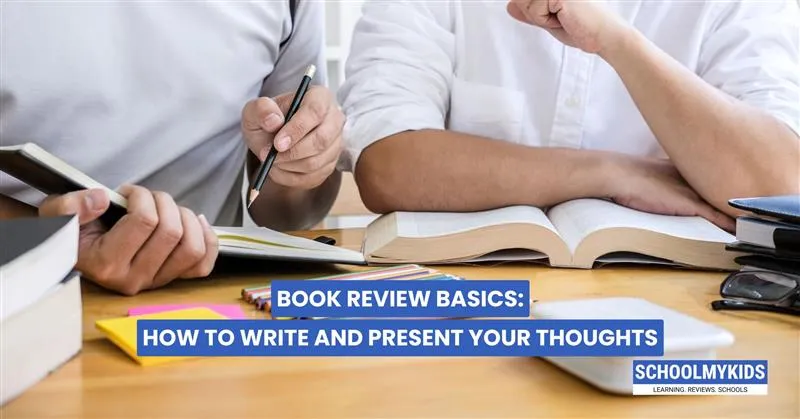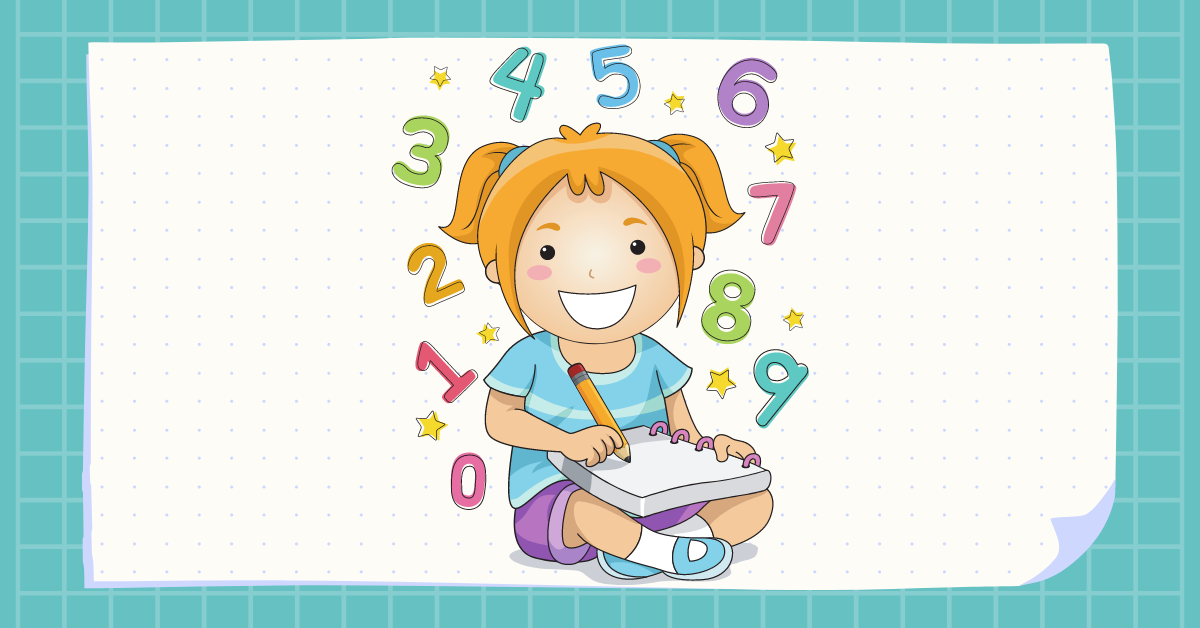Have you ever read a book and felt a rush of thoughts and feelings? Maybe you loved it, maybe you didn't, or maybe you just wanted to talk about it with someone else? Writing a book review is one of the best ways to share those thoughts. For students and lifelong learners, knowing how to review a book isn’t just a helpful academic skill; it’s a superpower. Whether it’s for a school assignment or for fun, everyone should know how to do it well.
Why Book Reviews Matter More Than You Think
Think about it. Every day, you're making decisions based on other people's opinions. You check movie ratings before watching something on Netflix. You read product reviews before buying anything online. You ask friends about restaurants before trying them out. Book reviews work the same way; they help people decide what's worth their time.
But here's the real kicker: writing book reviews teaches you to think clearly about what you read, organize your thoughts, and share them in a way that actually makes sense to others. These aren't just "school skills"; they're life skills that'll help you in college, at work, and pretty much everywhere else.
How Book Reviews Help Your Academic Game
Writing book reviews does more for your grades than you might realize. Here's what you're actually building:
- Critical Thinking Skills: You learn to look beyond "I liked it" or "I didn't like it" and figure out WHY. This helps in every subject, from analyzing historical events to understanding scientific studies.
- Writing Skills: You practice organizing your thoughts, supporting your opinions with evidence, and writing clearly. Your English teacher will notice, but so will your history and science teachers.
- Reading Comprehension: When you know you'll need to review a book, you read more carefully. You start noticing things like themes, character development, and how the author builds their argument.
- Communication Skills: You learn to explain complex ideas in simple terms. This helps with presentations, group projects, and even just having better conversations.
Step-by-Step Guide to Writing a Book Review
Let’s break down how to write a book review using Harry Potter and the Sorcerer’s Stone as our example. This magical story about an 11-year-old wizard discovering his destiny is perfect for practice. Here’s a clear, detailed process:
Step 1: Read with Purpose
Don’t just breeze through the book; pay attention! Take notes as you go. For Harry Potter and the Sorcerer’s Stone, you can jot down Harry’s journey from a lonely kid to a brave wizard, Ron and Hermione’s friendship, and the mystery of the Sorcerer’s Stone. Highlight quotes that hit you, like Dumbledore’s line: “It does not do to dwell on dreams and forget to live.” These notes will be super helpful when you start writing.
Step 2: Hook Your Reader
Start your review with something that grabs attention: a question, a bold statement, or a personal reaction. For example: “Ever wished you could escape to a world of magic? That’s exactly what Harry Potter and the Sorcerer’s Stone gave me.” This draws people in and sets the vibe.
Step 3: Summarize Without Giving It All Away
Give a quick overview of the book’s plot, characters, and setting, but don’t spoil the big twists. For Harry Potter, you could write: “Set in a magical world, this story follows Harry Potter, an 11-year-old who discovers he’s a wizard and heads to Hogwarts School. With his new friends Ron and Hermione, he uncovers a mystery about a powerful stone.” Keep it short and sweet (two or three sentences).
Step 4: Share Your Honest Thoughts
This is where you get to shine. What did you think of the book? Be real but fair. For Harry Potter, you can write, "I loved how J.K. Rowling created a world that felt so real, from the moving staircases at Hogwarts to Harry’s courage against Voldemort. I wasn’t as thrilled with how some characters, like Hagrid, didn’t get more backstory." Use examples like the Quidditch match to show the book’s excitement or Harry’s first trip to Diagon Alley to highlight its wonder.
Step 5: Break Down Key Elements
Talk about the book’s themes, characters, and writing style. For themes, you could focus on friendship or good vs. evil in Harry Potter. For characters, discuss Harry’s bravery, Hermione’s smarts, or Snape’s mystery. For style, mention Rowling’s fun, vivid writing that makes magic feel alive. Here’s a table to organize your thoughts:
| Element | Example from Harry Potter and the Sorcerer’s Stone |
| Theme | Friendship: Harry, Ron, and Hermione’s bond helps them face danger. |
| Character | Harry: His courage and heart make him a hero you root for. |
| Writing Style | Vivid and fun, with details like Hogwarts’ feasts that pull you in. |
Step 6: Wrap It Up Strong
End with a recommendation. Who would love this book? For Harry Potter, we can say it’s great for anyone who loves adventure, magic, or stories about friendship. Sum up your feelings: “This book swept me into a magical world and left me cheering for Harry. It’s a must-read for dreamers and adventurers!”
Step 7: Polish It
Reread your review. Fix any typos, clear up confusing parts, and make sure it flows. If you’re presenting it in class, practice reading it out loud to sound confident. Aim for 300-500 words unless your teacher wants something longer.
Tips for Presenting Your Review
If you’re sharing your review in class or online, make it engaging. Speak clearly, look at your audience, and share what got you excited about the book. If you’re nervous, pretend you’re telling a friend about Harry Potter’s magic. For written reviews, use short paragraphs and bold headings to keep it reader-friendly.
Why Everyone Needs This Skill
Book reviews aren’t just for homework. They’re a way to connect with stories and people. Writing one helps you process big ideas, like the power of friendship in Harry Potter, and relate them to your own life. In school, reviews improve your grades and prep you for bigger projects like research papers. In life, they help you share your voice, whether it’s in a blog, a book club, or just chatting with friends. Plus, they make reading more fun by helping you notice what makes a story special.
Conclusion
Writing a book review is like telling the world why a book matters to you. It’s your chance to share your excitement, thoughts, and even critiques. Grab Harry Potter and the Sorcerer’s Stone or any book you love, and give it a try. You’ll learn so much about the story (and yourself) along the way. Happy reviewing!








Be the first one to comment on this story.